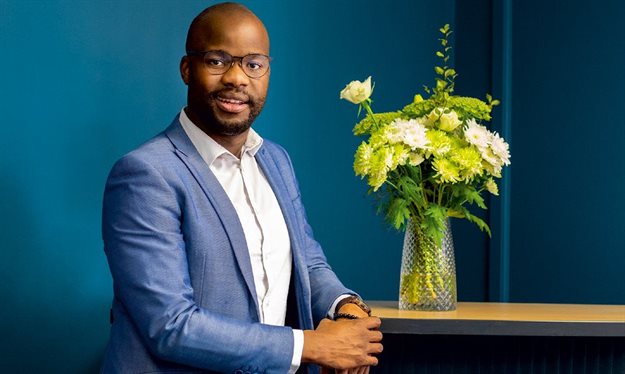
Skills development, as the Department of Higher Education and Training pointed out recently, will be a central component of equipping the country’s workforce. In a report published by the Department, they state that it is critical that the education and training system responds appropriately to the skills needs of the labor market and economy, and promote collaboration between employers in both private and public sectors towards the creation of a skilled labour force.
A fundamental shift in the way that corporates view skills development is critical to these efforts, according to Simo-Sihle Mvinjelwa, country leader for transformation at Baker Hughes.
“Bench strength in leadership and the right skills are needed for the future proofing of businesses, which means that companies need to start seeing skills development as part of their long-term sourcing strategy.”
The Covid-19 pandemic led to industries having to quickly adapt to ensure business continuity, all while making sure that they meet the shifts in consumer behaviour.
“The pandemic has forced companies to go back to the basics to teach and equip their employees to meet the changing demands of customers,” Mvinjelwa adds. “This isn’t about some large shift in notable skills that need to be learnt, but rather softer skills that are required for people to operate in an ever-evolving environment.”
He says that the Covid-19 pandemic shouldn’t be seen as a challenge, but rather a wake-up call for employers.
“At the end of the day, employers need to be thinking about the long game. These disruptive changes to the way businesses operate will have a profound and long-term impact on the employment landscape of the future.”
Mvinjelwa points out one of the biggest challenges that companies tend to underestimate is that the longer they take to build talent pipelines the more expensive it is going to be to keep the existing workforce or potentially import the skills from other regions. “It makes good business sense for companies to take skills development seriously.”
He says that businesses need to understand that investing in skills development ultimately affects the triple bottom line.
“It isn’t just about short-terms realisations or some tick box exercise, but rather ensuring that they are equipping their organisations with the right people in the right roles to continue to grow their businesses in the future.”
This view is supported by Human Nature consulting director, Jo-Anne Hay, who says that businesses have a massive opportunity to start cultivating the right kind of workforce that they need, not just for now but for what may be needed to meet future demands.
This is where Hay and Mvinjelwa both point out that organisations like, Feenix – an online student crowdfunding organisation - play such an important role.
Hay explains that corporates are under significant pressure, operating in an incredibly difficult economy. “The targets for skills development can be significant in terms of financial spend and the documentation required for each learner supported takes time to record in line with compliance requirements. In addition, it can be difficult for corporates to identify students and learners who will benefit the most from the skills development support they can provide.”
Leana de Beer, CEO of Feenix, explains that in working with corporates they are able to ensure that their skills development contributions are effectively allocated while at the same time managing the compliance processes that may be required for B-BBEE.
More importantly, Feenix is able to support corporates in filling their skills gaps by identifying students that can be absorbed as employees over time or enter graduate training programmes.
“Corporates don’t always have the time to manage their own skills development programmes or graduate tracks, this is where this kind of partnership becomes so valuable and provides maximum impact,” says Mvinjelwa.